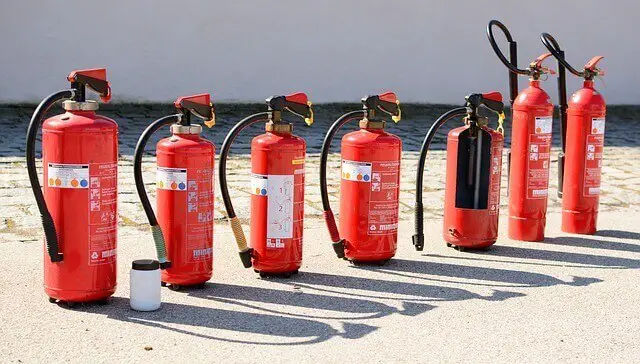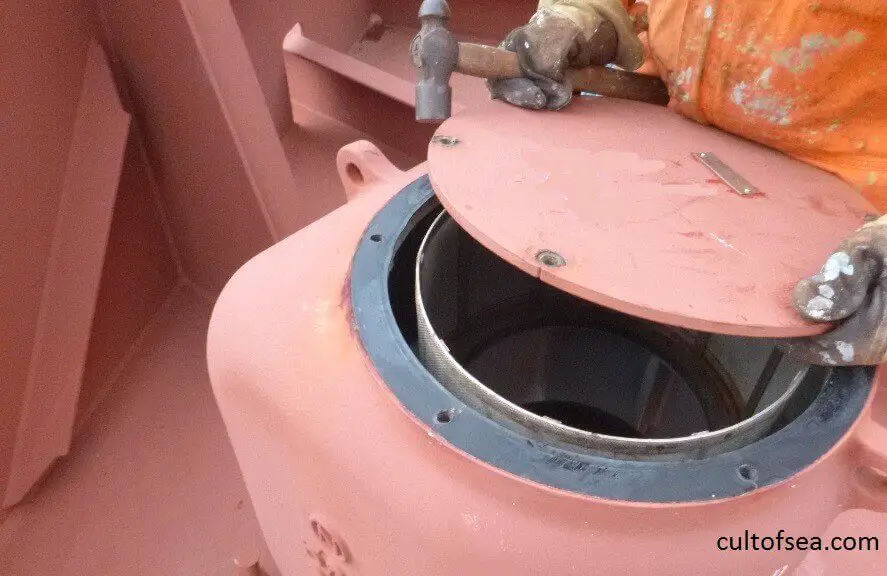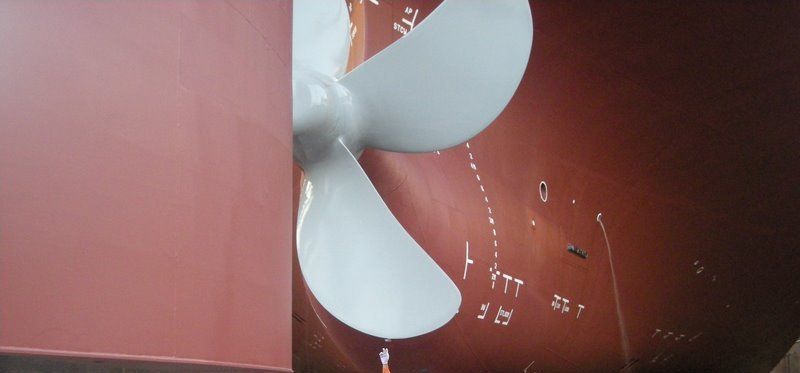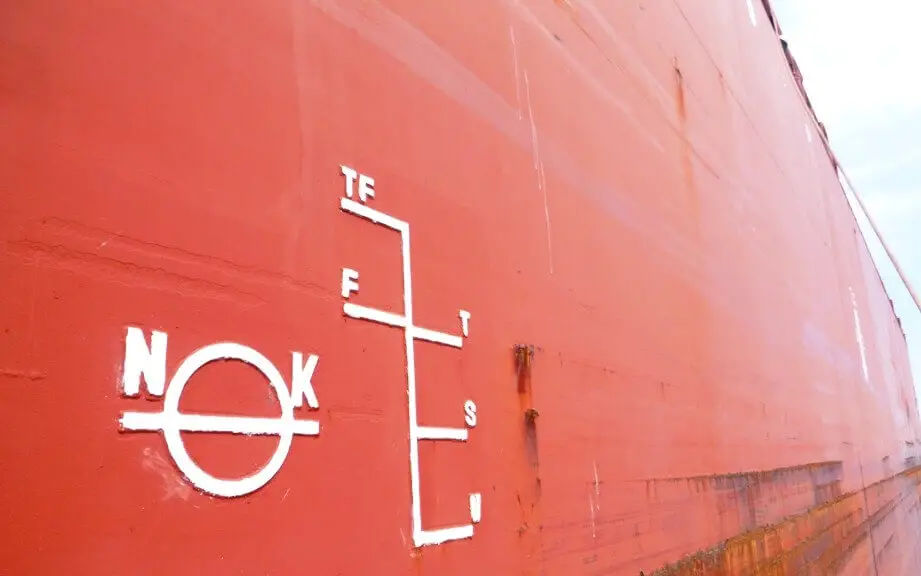The Nature of Fire: Fire is a chemical reaction known as combustion which occurs when fuel and oxygen are brought together with sufficient heat to cause ignition. A fire cannot start , or continue, if one side of the fuel-oxygen-heat triangle is absent, or if there is an interruption in the chemical chain reaction that sustains burning.Oxygen, heat and fuel are frequently referred to as "fire triangle". Add in the fourth element, the chemical reaction and you actually have a fire. The important thing to remember is: remove one of these elements and you will not have a fire or the fire … [Read more...]
Archives for April 2016
Cold Work
Cold Work is the work which cannot create a source of ignition or generate temperature conditions likely to be of sufficient intensity to cause ignition of combustible gases, vapours or liquids in or adjacent to the area involved. Cold work includes but not limited to:Opening vessels, pipes or enclosed spaces Where equipment requires decontamination Mechanical maintenance work Civil maintenance work Erection removal of scaffolding Insulation and painting Blanking/de-blanking. Disconnecting and connecting pipelines. Removing and fitting of valves, blanks, spades … [Read more...]
Basic Propeller Types
Introduction A propeller is a type of fan which generates an adequate thrust to propel a vessel at some design speed with some care taken in ensuring some “reasonable” propulsive efficiency. Considerations are made to match the engine’s power and shaft speed, as well as the size of the vessel and the ship’s operating speed, with an appropriately designed propeller. Generally, propellers are of two types - Fixed Pitch Propeller ( FPP) and Controllable or Variable Pitch Propeller ( CPP). Controllable Pitch Propeller or CPPThese propellers now have a relatively good track record for … [Read more...]
Glossary of Terms – Petroleum Cargo Calculations
Gross Observed Volume (GOV): The total volume of all petroleum liquids and sediment and water, excluding free water, at observed temperature and pressure.Gross Standard Volume (GSV): The total volume of all petroleum liquids and sediment and water, excluding free water, corrected by the appropriate volume correction factor (VCF) for the observed temperature and API gravity, relative density, or density to a standard temperature such as 60°F or 15°C and also corrected by the applicable pressure correction factor and meter factor.Relative Density: It is defined as the ratio of the … [Read more...]



